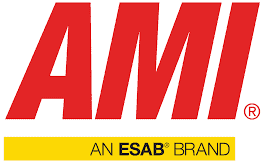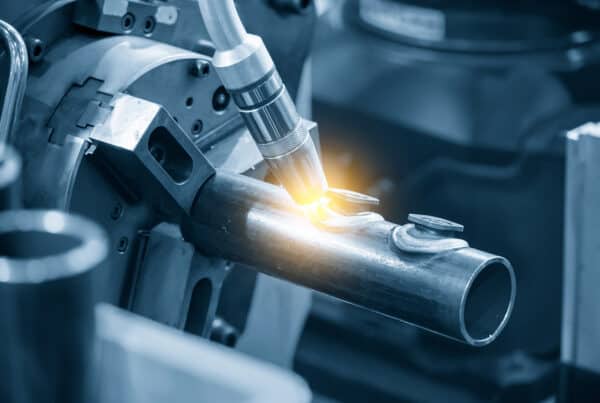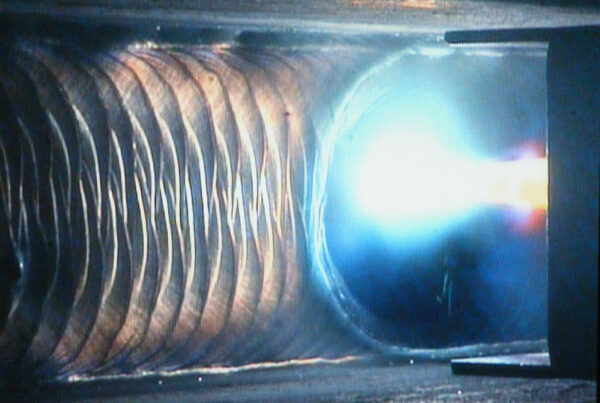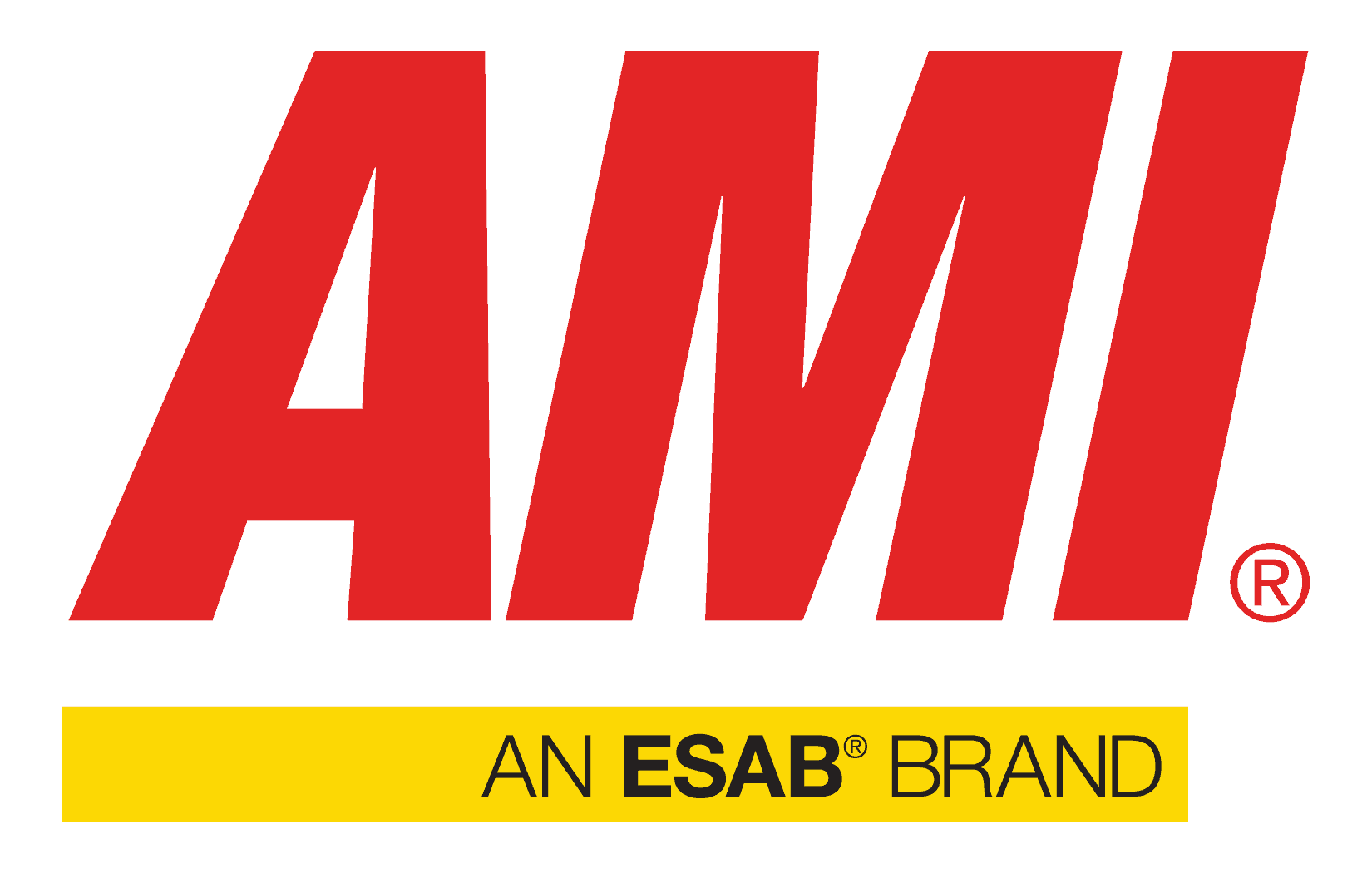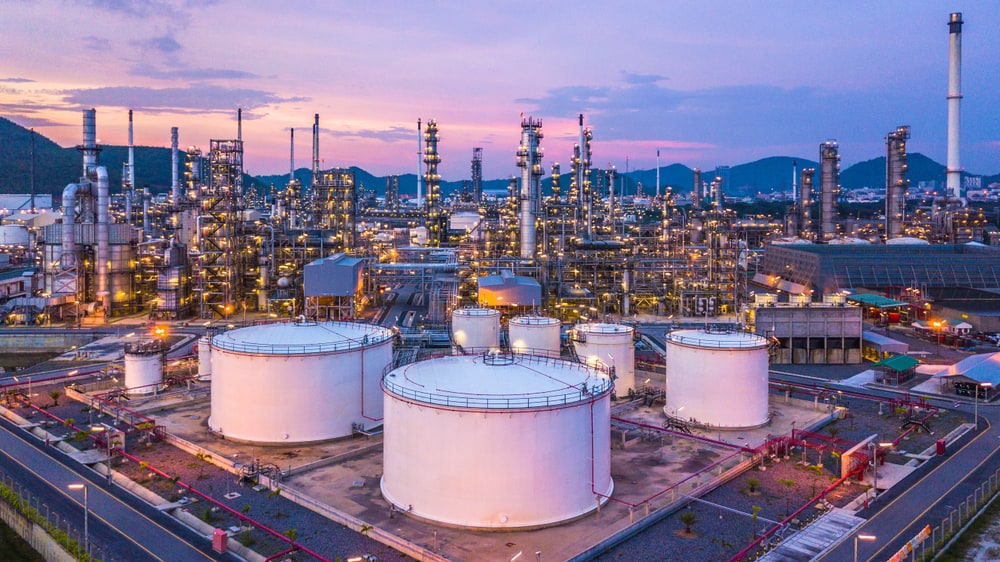
A staple of dystopian fiction in the 1980s and 1990s was a world that had run out of oil. Today we’re living in a very different reality, with a glut of oil and not enough storage. In fact, oil storage briefly became a commodity that was more valuable than oil itself in April. The economic shocks from the current coronavirus pandemic are likely to last for some time and oil producers cannot simply shut off the tap, meaning that reduced oil demand may continue for some time.
Due to the difficulty of finding and qualifying experienced welders to fabricate oil storage tanks, automated welding processes will be key to meeting the demand for bulk oil storage. Orbital welding processes can help manufacturers welding oil storage tanks meet the sudden demand and enhance producers’ storage capacity in the future. Although coronavirus lockdowns are coming to an end, extra storage capacity is likely to continue to be in high demand.
Oil Storage Tank Welding Standards and Design
Oil storage construction in the U.S. is governed by standards issued by the American Petroleum Institute (API) and the National Association of Corrosion Engineers (NACE). The relevant API standards—API 650, API 620, and API 12D—respectively govern welded oil tanks, larger welded tanks with higher internal pressures, and the fabrication and erection of field-welded tanks used mostly in upstream production. These three standards cover the welding of oil storage tanks exhaustively. The NACE MR0175 and MR0103 standards are only tangentially concerned with welding oil storage tanks—their primary concern is sulfide stress cracking in petroleum equipment in what is termed a sour environment.
Welding corrosion-resistant alloys like Inconel® and Monel® is considerably more difficult than welding carbon steels.
The terms sweet crude and sour crude refer to the hydrogen sulfide contents of crude oil from different sources. Sweet crude contains relatively little in the way of hydrogen sulfide and carbon dioxide, whereas sour crude contains high proportions of hydrogen sulfide and carbon dioxide which can heavily corrode steel. Because of this, NACE standards MR0175 and MR103 specify low carbon stainless steels, corrosion-resistant alloys like Inconel® and Monel®, and the cladding of steel pipes and valves with corrosion-resistant alloys. Welding these materials is considerably more difficult than welding carbon steels.
The API standards are far broader, but tend to assume a sweet operational environment. The material they are most concerned with is high carbon steel that has been killed, in other words, thoroughly deoxygenated during forging. Since carbon steels are some of the most commonly welded types of metal, these standards are relatively straightforward and simple to meet. API 620 is the most demanding of these standards. It covers tanks operating with pressures up to 15 PSI and at temperatures below 250 degrees F, with a focus on lap and butt welds.
How Welding Oil Storage Tanks Using Orbital GTAW Can Help Meet Demand
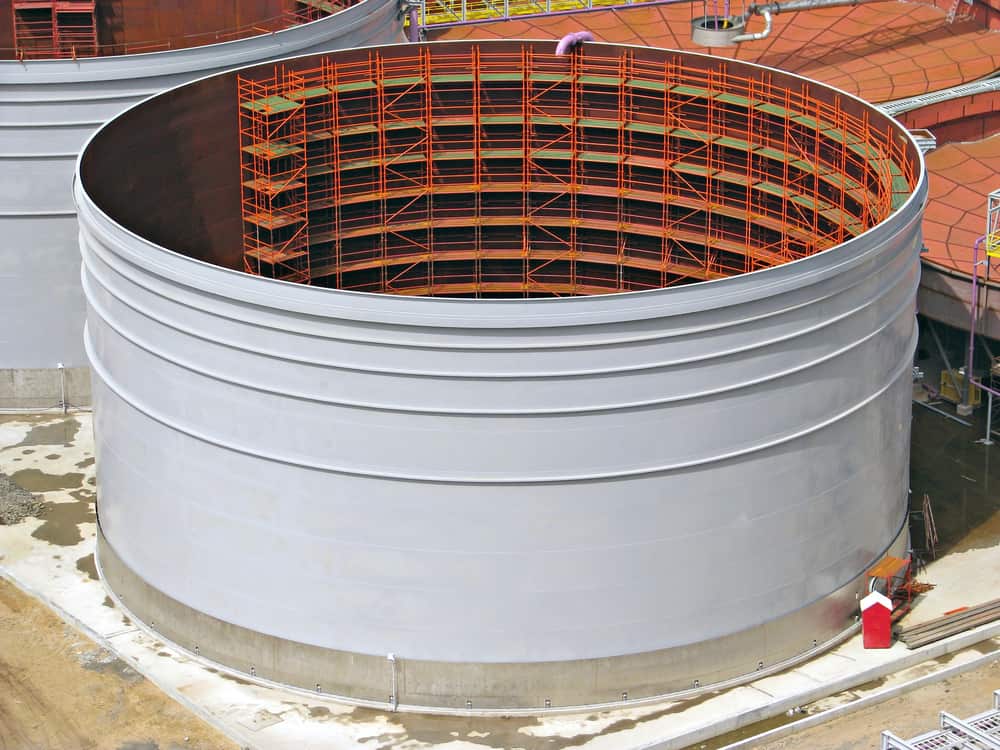
Which of the standards mentioned above applies to a particular oil tank or site depends on whether the crude oil being worked with is sweet or sour. There is a pressing need for storage for both types of oil, and orbital welding has a role to play in increasing weld productivity for tanks built to contain both types.
In the welding of carbon steel oil tanks, automated orbital welding offers the following advantages:
- Reduced Labor: The amount of time required to perform an automated weld is much less than that required for a manual welding process. This is especially true for the long-seam high-volume welds required in welding oil storage tanks. Automated welding processes also require fewer operators on each project.
- Higher Quality: Automated orbital welding is not subject to operator fatigue in the same way that manual welding processes are, which depend on operator dexterity and focus. The result is a more consistent and higher quality weld across the whole of the welded seam.
- Less Material: Another cost advantage that is a result of weld quality and consistency is the reduced use of filler material and reduced waste of both fill and work materials as a result of less rework. These savings can add up substantially over the course of a high-volume project like the fabrication of oil storage tanks.
Gas tungsten arc welding (GTAW) produces the highest quality welds of any commonly used arc welding process.
The real advantages of orbital welding oil storage tanks shine through though when this method is applied to sour operational environments and the more challenging austenitic metals and corrosion-resistant alloys found in those environments. Stainless steel and corrosion-resistant alloys are substantially more expensive than carbon steels and require a much higher level of skill to weld. Production speed increases and cost savings are magnified when the orbital process is applied to these metals. Orbital gas tungsten arc welding (GTAW) is the best way to weld Monel® or Inconel® due to the quality of the welds it produces, the repeatability of the welding, and the cost savings from welding this material correctly the first time. Orbital GTAW wire is considered one of the best processes for cladding pipes with corrosion-resistant alloys, due to the consistency of automation, flexibility in workpiece positioning, low dilution of the alloy with iron, and cost-effectiveness.
Along with speed, safety and reliability are of great concern in welding oil storage tanks. These tanks must meet standards to prevent corrosion, avoid leakage, and maintain their integrity over time. Gas tungsten arc welding (GTAW) produces the highest quality welds of any commonly used arc welding process and has the flexibility to be used in both shop and field welding. Automated GTAW orbital welders can weld oil storage tanks speedily without sacrificing quality whether they are storing sweet or sour crudes.
Arc Machines, Inc. provides GTAW orbital welding solutions for the petrochemical industry, including oil storage tank welding. For product inquiries, contact sales@arcmachines.com, and for service contact service@arcmachines.com. To develop a custom solution, contact us to arrange a meeting.
